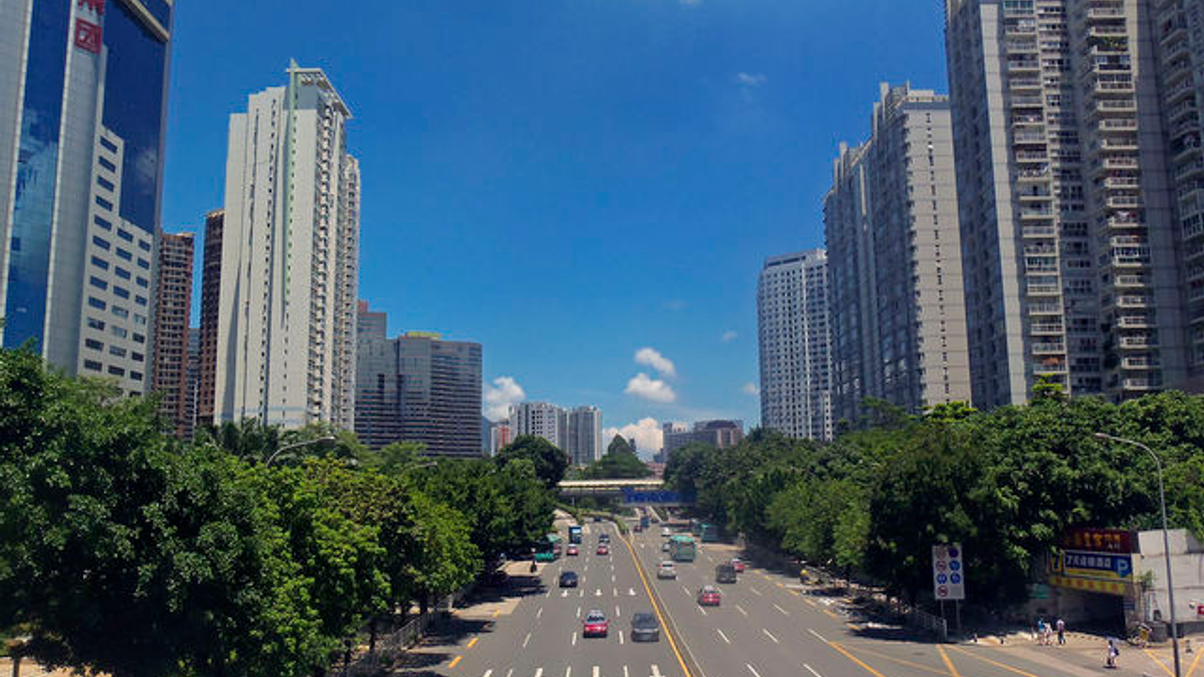QDIE quota shortage for 30 new licences: sources
Shenzhen is believed to have handed out licences – but only $1 billion in extra quota – to another 30 fund houses under its QDIE cross-border alternative investment scheme.

Shenzhen’s Financial Services Office (FSO) has reportedly handed out around 30 new licences but only $1 billion in fresh quota under the QDIE programme in recent weeks, amid rising demand for foreign assets.
Sign in to read on!
Registered users get 2 free articles in 30 days.
Subscribers have full unlimited access to AsianInvestor
Not signed up? New users get 2 free articles per month, plus a 7-day unlimited free trial.
¬ Haymarket Media Limited. All rights reserved.


